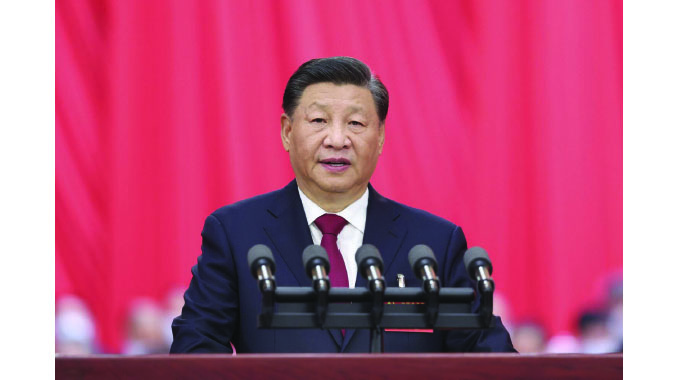IPEC moves to thwart anti-money laundering

Business Reporter
THE Insurance and Pension Commission (IPEC) has developed a set of draft guidelines to prevent money laundering and financing of terrorism by insurers and pension funds.
IPEC, which supervises the activities of insurance firms and pension schemes, said the two industries were vulnerable to money laundering and financing terrorism.
The inherent nature of some products offered by the industry may give rise to money laundering.
For instance, when a life insurance policy matures or is surrendered, funds become available to specified beneficiaries. The beneficiaries of the contract may be changed for payment before maturity or surrender so that payments can be made by the insurer to a new beneficiary.
A policy can be used as collateral to purchase other financial instruments. These investments may contribute to a sophisticated web of complex transactions with their origins in the financial system.
The type of long-term insurance contracts that are vulnerable as potential vehicles for laundering money or financing terrorism include products such as unit-linked or with-profit single premium contracts, single premium life insurance policies that store cash value, fixed and variable annuities as well as endowment policies, IPEC said.
Also, money laundering and financing of terrorism using reinsurance could occur either by establishing fictitious insurance firms or reinsurance intermediaries, fronting arrangements, and captives, or by the misuse of normal reinsurance transactions.
Examples include deliberate placement via the insurer of the proceeds of crime or terrorist property with reinsurers to disguise the source of funds, the establishment of bogus reinsurers, which may be used to launder the proceeds of crime or to facilitate terrorist funding, the establishment of bogus insurers, which may be used to place the proceeds of crime or terrorist property with legitimate reinsurers.
IPEC is now required to coordinate with the central bank’s Financial Intelligence Unit (FIU) to identify and assess money laundering and terrorist financing risks that may arise in relation to the introduction of new products and new business practices in the industry.
Dr Grace Muradzikwa, the IPEC Commissioner, in 2021 said companies affiliated to the commission were now required to work with the central bank arm to curb the threat of money laundering.
‘‘The Insurance and Pensions Commission is required in terms of the Money Laundering and Proceeds of Crime Act . . . to coordinate with Financial Intelligence Unit in the assessment of the money laundering and terrorist financing risks to which the country is exposed.
“Going forward, all insurance companies and pension funds are required to submit the completed return template to the commission within 21 days after the end of every quarter,” said Dr Grace Muradzikwa.
Insurance intermediaries are also important for distribution, underwriting and claims settlement.
They are often the direct link to the policyholder thus playing an important role in money laundering and financing of terrorism.
The person who wants to launder money or finance terrorism may seek an insurance intermediary that does not conform to necessary procedures, or that fails to recognise or report information regarding possible cases of money laundering and financing terrorism.
The intermediaries themselves could have been set up to channel illegitimate funds to insurers. In addition, an authorised entity should also give due consideration to the money laundering threats and vulnerabilities in the insurance industry.
The insurance and pensions products can be used to launder money through the acceptance of payments or receipts from third parties, the acceptance of very high value or unlimited value payments or large volumes of lower value payments, acceptance of payments made in cash or money order and acceptance of frequent payments outside a normal premium policy or payment schedule;
The acceptance of funds to be used as collateral for a loan or written in a discretionary or other increased risk trust, selling units in investment-linked products such as annuities and buying of policies that allow the transfer of beneficial interests without the knowledge and consent of the issuer for instance, second-hand endowment and bearer insurance policies can also be used to launder money.
Last year, Zimbabwe was removed from the Financial Action Task Force (FATF) grey list following an on-site evaluation exercise carried out in January 2022. The country was placed on the FATF grey list in 2019, following a mutual evaluation (assessment) process that identified a number of deficiencies in the country’s implementation of the Anti-Money Laundering and Counter Financing of Terrorism standards.











Comments